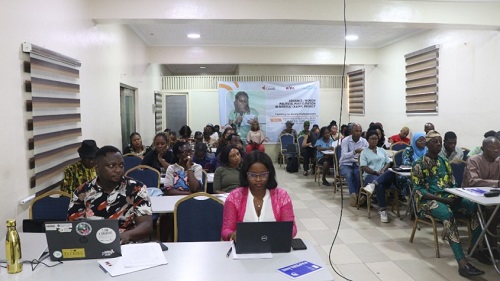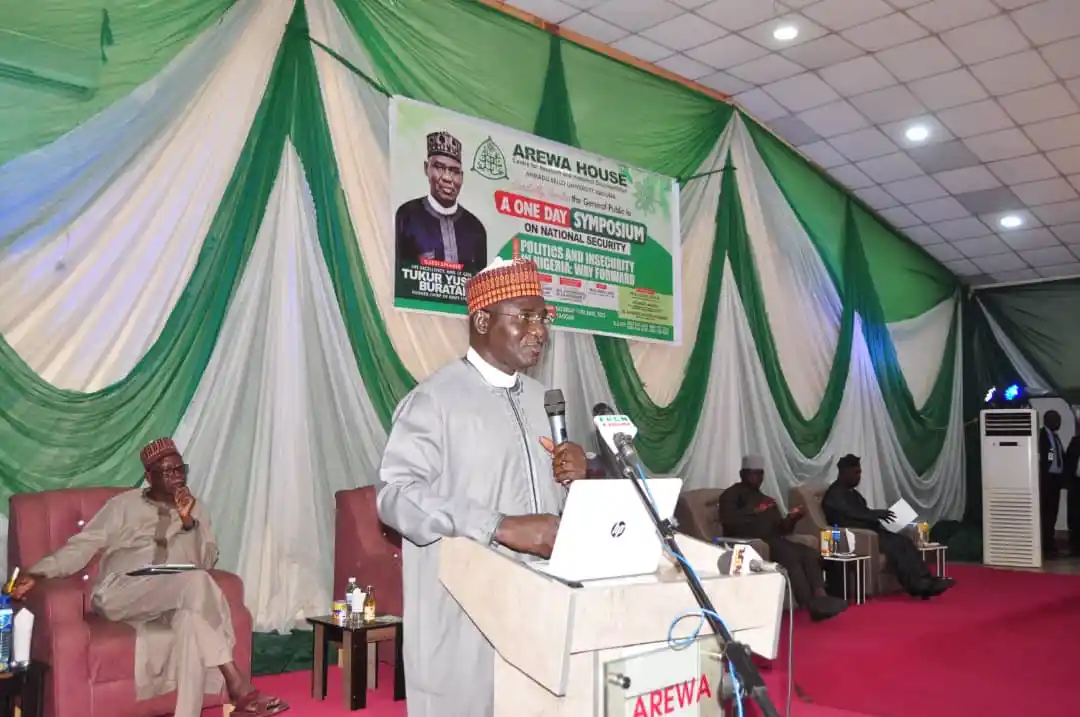News
ARDA, UN Women And Canadian Government Train Media Professionals, Influencers On Women Representation In Politics

…As Facilitators Speaks On How The Media Should Portray Women In Political Leadership And Governance
As part of his commitment to enhance women’ representation in political leadership, ARDA Development Communication Incorporated recently organized a capacity building workshop for media professionals that comprises, journalists, bloggers and social media influencers.
The training was held in Lagos at the Lagos Chambers of Commerce and Industry (LCCI), Alausa, Ikeja, under the Advance: Women Political Participation in Nigeria (AWPP) Project funded by the Canadian Government through the United Nations Women.
The gathering underscored the message that women representation in political leadership and governance matters which is a significant step towards achieving the UN Sustainable Development Goal 5 (target 5.5) which ensures women’s full and effective participation and equal opportunities for leadership at all levels of decision-making in political, economic, and public life.
In an interview with journalists, one of the facilitators, Jesudunsin Osinaike, lamented the poor representation of women in politics, referencing the low number of women in the national assembly compared to the men.
She however noted that more is needed to be done.
“It is a systemic problem. If the system is harsh against you what can you do? That is not to say that women are not coming out or they should not involve themselves more and that is why we are having this training for women to be well represented in politics.
Using the media to spread the message we are encouraging women to come out and participate in politics and leadership,” she said.
Also, media and development communications specialist, Adebisi Adetunji said: “it is unfair to believe that female leaders are high handed when exercising control over male followers, which explains why there isn’t much support for female leadership.
If it’s normal for a male leader to correct his followers, why not feel same way for female leaders in positions of power?
It is not appropriate to compare the actions of men and women in leadership roles. Let her perform her duties as any other person would.
A woman in leadership should provide space for other women to fit in“, she said, adding that mentorship is necessary.
Politically, Adebisi said, assuming insignificant roles, like welfare secretary, leaving only male folks for leadership seats should be addressed. The political parties should be forward-thinking and open to more women taking on senior roles, not the prototype kinds of roles.
The campaign strategy of pushing women to the forefront to gain momentum, then relegating them to the backseat when all is set should not be encouraged.
Media professionals can also consciously address unconscious bias, stereotypes, and harmful gender norms that pose barriers restricting women from taking up leadership and governance positions, she noted.
In conclusion, the media is urged to encourage women to assume political leadership positions alongside men by establishing a gender-sensitive reporting style, formulating an action plan for advancing women’s political participation, and cultivating connections with female politicians and leaders to boost women’s participation and presentation.
Recall that ARDA Development Communication Inc. (ARDA-DCI) is a leading development communication non-governmental organization in Nigeria.
It is focused on fostering sustainable development in Nigeria and across Africa by adopting and implementing culturally competent methodologies through an audience-centric approach.
Over the years, ARDA-DCI has partnered with international organizations, including UNICEF, John Hopkins University, USAID, and other leading private sector partners, to implement various social and behavioral change communication projects.
















